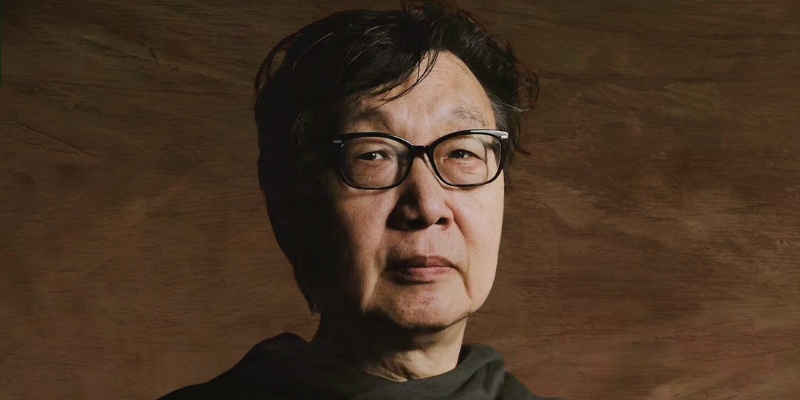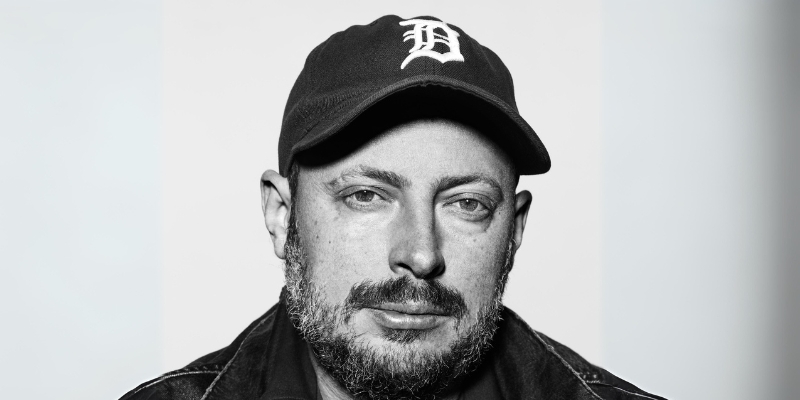We face ethical choices every day, like when we stand in the grocery store line. Is this food good for me? Is it good for others? Is it good for the planet? Health, nutrition, and sustainability expert Sophie Egan will be at Town Hall on March 19 with insight from her new book How to Be a Conscious Eater. She’ll be in conversation with environmental author and journalist Tim Egan. Tickets are on sale now.
Sophie Egan recently sat down Town Hall’s Jonathan Shipley to discuss organic foods, the bulk aisle, and how to carry a couple of cucumbers.
JS: What did you eat as a kid? How ingrained are those habits as we become adults?
SE: Pizza. A lot of pizza. My parents told me I was going to turn into a pizza. I was a picky eater and ate what kids eat: chicken nuggets and peanut butter and jelly sandwiches. These sorts of foods become our comfort foods as we grow older. Top Ramen for me. They are given a special status for life. They’re called foods of privilege because they were given to us in our formative years when we felt safe, secured, and loved.
It’s actually about exposure. Kids can eat all sorts of things. There’s a program called 100 foods before one. Kids can eat spicier things than you may think—can eat different textures, different flavors, all sorts of things.
JS: When did you start questioning what you were eating from an ethical perspective?
SE: My own habits have been informed by my work. For over five years, I served as the Director of Health and Sustainability Leadership and Editorial Director for the Strategic Initiatives Group at The Culinary Institute of America. I couldn’t help but start thinking about what I was eating in that role.
The food systems were much more opaque before. Now they’re much more transparent. That’s a good thing, but the pace of the issues we have to contend with has accelerated, from the plastics used in food production to slave labor used in our shrimp supply. There is a lot to be cognizant of, and with all these issues making decisions on what we eat is becoming more and more complex. My hope is that my book helps inform those decisions.
JS: Organic food: is it worth it?
SE: There are two good starting points. The dirty dozen are the foods that have the highest pesticide residues. The clean fifteen are the foods with the least.
JS: For those with limited financial means, what do you suggest at the grocery store?
SE: Eating in ways that are good for the planet tends to be good for people. Plant-based food is good for the planet and less expensive. Compare a bag of lentils versus a pork chop, for instance. You want whole grains? Buy a tub of oats. Wild salmon? Buy canned or frozen. Organic produce? Buy frozen. The bulk food section is a great place to get good food at the best price. You can get your granola there without the packaging and without the marketing.
JS: What simple tips can you give someone going to a grocery store wanting to be a conscious eater?
SE: Labels are confusing. Flip the package over. The front of the packaging is nothing but marketing. The information you need is on the back.
Evaluate foods based on what’s in it (is it healthy?), what’s on it (be cognizant of stickers and claims), and the package itself (what will happen to this package when you’re done?).
JS: You don’t need a plastic bag for your cucumber.
SE: Use a reusable grocery bag and reusable produce bags.
JS: What should meat eaters consider?
SE: First—less is more. Less red meat is better. The red meat you buy most often comes from factory farms, which is incredibly harmful to the planet in a wide variety of ways. When you buy your meat, make sure it’s not factory farmed; that it’s more humanely raised; that it’s got grassfed certification. It was raised on a pasture and not in a factory.
JS: Aside from personal changes in eating, what can people do to help the planet food-wise?
SE: Speak up to local governments to incorporate food solutions when it comes to climate change. Food is often left out of climate change discussions when it’s a key facet of it. Raise your voice to institutional purchasing. Look at your kids’ school, your workplace, your healthcare provider. Are they being ethically conscious about their food choices?
Want to digest more about conscious eating? Join us on March 19 as Sophie Egan takes the stage with Tim Egan. Tickets are $5 and FREE for anyone under the age of 22.


